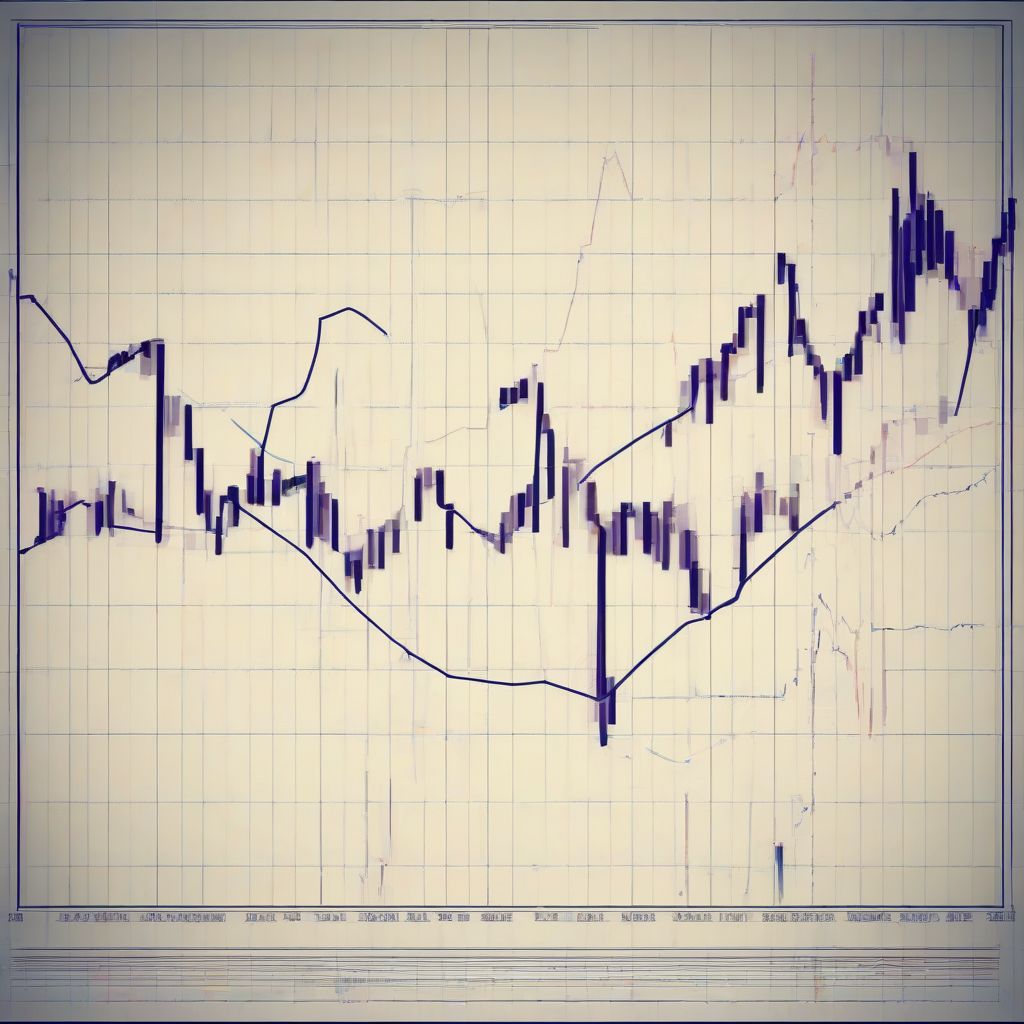Imagine you’re a savvy investor looking to grow your wealth. You’ve explored various investment avenues, and now, your eyes are set on the dynamic world of “trading securities.” But what exactly are they, and how can they fit into your investment strategy?
This comprehensive guide delves deep into the world of trading securities. We’ll unravel their meaning, importance, and answer the most frequently asked questions surrounding this investment type. Whether you’re a seasoned investor or just starting, this guide equips you with the knowledge to make informed decisions.
Understanding Trading Securities
What Are Trading Securities?
In simplest terms, trading securities are financial instruments like stocks and bonds that a company purchases with the intent of selling them in the short term to generate profit. These securities are readily marketable and held on a company’s balance sheet as current assets.
Importance of Trading Securities
Trading securities play a crucial role in financial markets and investment strategies. Here’s why they matter:
- Profit Potential: Companies engage in trading securities to capitalize on short-term market fluctuations and generate profits exceeding traditional investments.
- Liquidity: The ease with which trading securities can be bought or sold makes them highly liquid, providing companies with financial flexibility.
- Portfolio Diversification: Investors can diversify their portfolios by including trading securities, spreading risk and potentially enhancing returns.
trading.juneglow.vn/wp-content/uploads/2024/07/trading-securities-66a1e1.jpg" alt="Trading Securities" width="1024" height="1024">Trading Securities
Delving Deeper: Frequently Asked Questions
What is the difference between trading securities and available-for-sale securities?
While both are considered investments, the key difference lies in the holding period and the intent behind the purchase. Trading securities are held for short-term profit, while available-for-sale securities are held for a longer duration with the potential for capital appreciation or income generation.
How do trading securities impact a company’s financial statements?
Trading securities are reported at their fair market value on a company’s balance sheet. Any unrealized gains or losses resulting from price fluctuations are reflected in the income statement, impacting the company’s net income.
What are the risks associated with trading securities?
As with any investment, trading securities carry inherent risks, including:
- Market Volatility: Price fluctuations in the market can lead to potential losses.
- Interest Rate Risk: Changes in interest rates can impact the value of fixed-income securities.
- Liquidity Risk: While generally liquid, certain market conditions might make it challenging to sell securities at desirable prices.
Conclusion
Understanding trading securities is paramount for investors seeking to navigate the complexities of the financial markets. By grasping the concepts of holding period, intent, and associated risks, you can make informed investment decisions aligned with your financial goals.
We encourage you to share your thoughts, experiences, and questions in the comments section below. Let’s engage in a fruitful discussion about trading securities and their role in today’s dynamic investment landscape. For further exploration, browse our website for a wealth of resources on financial planning, investment strategies, and more.
